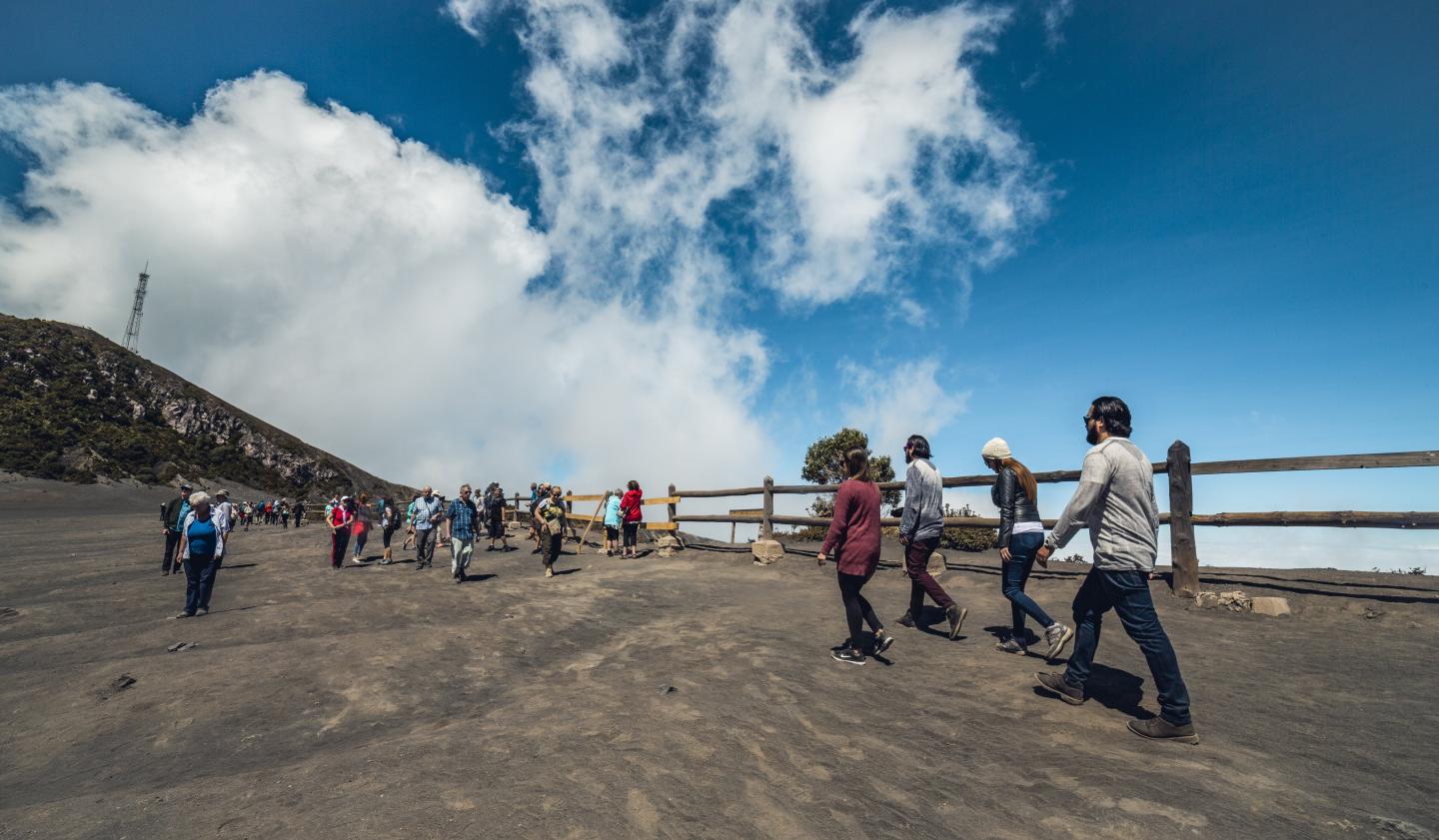
requirements to enter the country
Entry to Costa Rica has been opened to tourists from all countries. All tourists must comply with the immigration processes established in the General Immigration and Aliens Act (Ley General de Migración y Extrangería). During your visit in Costa Rica, you are required to comply with the health protocols put in place by private companies when participating in any tourism activities in the country.
In accordance with Article 42 of the General Law on Immigration and Aliens (No. 8764) and Article 30 of the Immigration Control Regulation (Executive Decree No. 36769-G), foreign nationals intending to enter Costa Rica must provide:
- A valid passport or travel document. Passports and travel documents will only be accepted if they can be read electronically in line with the guidelines established by the
- International Civil Aviation Organization (ICAO) and must be valid for the period set forth in these guidelines.
- Visa, if required under these guidelines.
- Proof of economic means, with a minimum of US$100.00 (one hundred US dollars) per month or partial month of legal stay in the country.
- Return ticket to the country of origin or plan of onward travel that includes the next destination.
- No impediment to entering Costa Rican territory.

maximum stay
The maximum legal stay for foreign nationals will be determined by the immigration agent upon their entry into the country.
- Countries in the first group: up to 180 calendar days, non-extendable
- Countries in the second group: up to 30 calendar days
- Countries in the third group: up to 30 calendar days, extendable
- Countries in the fourth group: up to 30 calendar days, extendable
please remember:
- In order to enter Costa Rica, you will need a ticket for a return flight, which the immigration official will ask to see when you arrive. It is recommended that you make a photocopy of your passport with the entry stamp, which you should carry with you at all times during your stay.
- The number of days you are permitted to stay in Costa Rica will depend on the group your country of origin belongs to.
- The immigration official may ask you to demonstrate that you have the funds needed for your stay in the country.
- The immigration official may indicate in your passport that your permitted stay will be for a different amount of time.
- Visitors to Costa Rica must have a valid passport and proof that they will be leaving the country before their visa or entry stamp expires.
- All travelers must therefore have a ticket for return or onward travel.
Non-residents must have a ticket for return or onward travel if they:
- Are arriving on a one-way ticket.
- Are entering the country with a return ticket that is more than 90 days after their date of arrival.
- Are flying to Costa Rica and flying out of a different country.
By law, a return or onward travel ticket may be on one of the following means of approved commercial transportation:
- A pre-purchased bus ticket out of the country.
- A pre-purchased flight out of the country.
- Proof of passage on a cruise ship.
obligatory declarations when entering or leaving
When entering or leaving a port of entry to Costa Rica, if you are carrying an amount equal to or greater than US$10,000 in cash or securities, or its equivalent in other currencies, you must request and complete the form designated for this purpose in the immigration checkpoint and present it to the Customs Authority for verification. The declaration must be made before finalizing the corresponding immigration procedures.
Failure to follow the provisions of Costa Rican law (No. 8204, Article 35) will result in the immediate forfeiture of the money.
What kind of vaccines do visitors to Costa Rica need?
As of July 30, 2007, Costa Rican authorities require all travelers from the following countries to have a certificate of vaccination against yellow fever: Angola, Benin, Burkina Faso, Cameroon, the Democratic Republic of Congo, Gabon, The Gambia, Guinea, Liberia, Nigeria, Sierra Leone, Sudan, Bolivia, Venezuela, Brazil, Peru, Colombia and Ecuador, as well as the Republic of Guyana.





